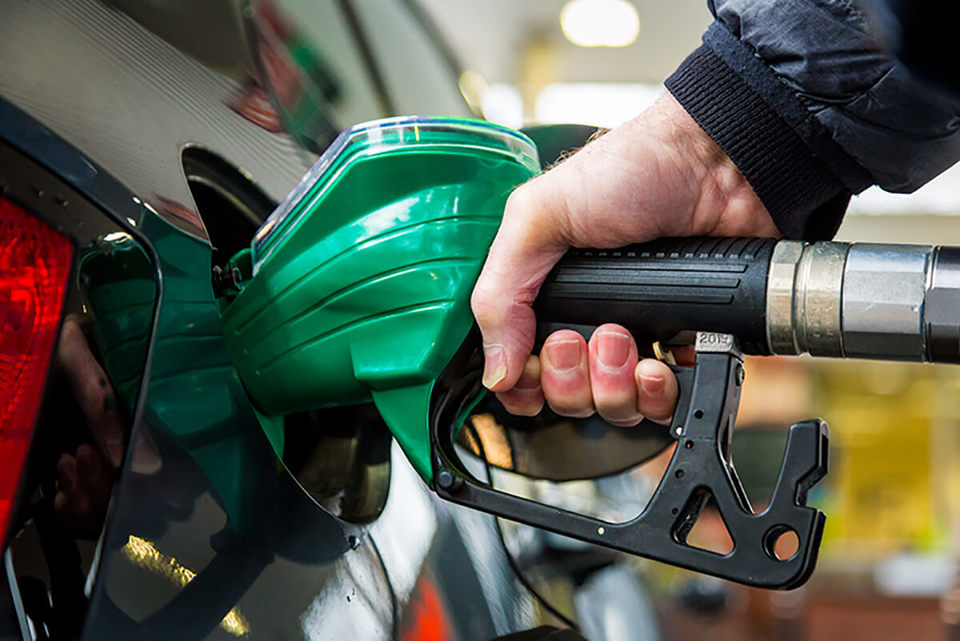Fleets have given a warm welcome to a breakthrough development in fuel research that is promising to give every diesel vehicle a clean bill of health within the next decade.
Harmful tailpipe emissions could soon be banished by e-diesel, a remarkable synthetic liquid just starting to flow from an experimental production facility in Germany set up by Audi and Joule, the US biotech company.
So far, only a small amount of the fuel has been created at the special Dresden unit for evaluation, but the new development coincides with growing criticism of diesel transport.
The fossil fuel faces potential tough new penalties as legislators begin to attempt to cut the amount of nitrogen dioxide (NO2) from exhausts in a bid to improve air quality in cities and built-up areas.
As the first batch of the environmentally-friendly alternative to the traditional fossil-based fuel was being tested by German Government officials, Graham Telfer, fleet manager at Gateshead Council welcomed the development.
Telfer, who operates a fleet of 500 vehicles and more than 1,000 items of plant and machinery, said: “Any effort to reduce carbon emissions and demand on fossil fuels is very welcome indeed. Our authority uses more than 250,000 gallons of diesel per year and I totally support this development.”
Telfer’s support was echoed by ACFO chairman John Pryor, who added: “We’re always interested in advances that assist in reducing emissions.
“We don’t know enough about this new fuel to fully understand its implications for the fleet market, but we look forward to learning more about its potential benefits as soon as possible.”
Scientists at Dresden are using a patented process to harness energy from the sun to turn industrial waste CO2 and salt water into liquid fuel with the help of an army of microorganisms, each measuring just three-thousands of a millimeter.
After being adapted to prevent them following the normal course of growing more cells, the tiny microorganisms produce a continuous stream of the paraffin alkanes that are important components in diesel. The process begins with turning water into steam and then separating it into hydrogen and oxygen via electrolysis at high temperature.
Under high pressure, the hydrogen then reacts with CO2 to produce ‘blue crude’ – a liquid similar to regular crude but free from sulphur or aromatic hydrocarbons when it is refined to create e-diesel.
“The CO2-neutral mobility we are striving to attain is only feasible with new sustainable forms of energy that can replace fossil fuels over the long term,” explained a company spokesman.
“Conventional fuels, based on petroleum, release CO2 into the atmosphere and diesel from renewable raw materials like corn and rapeseed achieve a better environmental balance because the plants have previously absorbed the CO2 released in combustion.
“However, these fuel sources require costly processing and compete with food agriculture so they can’t be a long term solution.
“We are using renewable ‘feedstock’ for e-diesel – it is a fuel that has no need for agricultural land or fresh water.”
According to experts, vehicles running on e-diesel are as eco-friendly as pure electric vehicles that operate on ‘green’ electricity.
Because it is free of sulphur and aromatics, the new fuel also boasts the advantage of high purity compared with petroleum-derived diesel, which uses a mixture of hydrocarbon compounds.
In addition, it is claimed to offer excellent ignition performances as a result of its high cetane number and is said to permit unlimited blending with fossil fuel diesel.
Significantly, e-diesel calls for no modifications to the millions of TDI motors that have been built by Audi and it is expected to be ready for the commercial market early in the next decade.
Head of Audi UK fleet sales James Douglas told Fleet News: “This is a genuinely exciting development. The potential benefits for fleets are evident; we’re pleased Audi is spearheading pioneering development work of this kind.”

















Login to comment
Comments
No comments have been made yet.